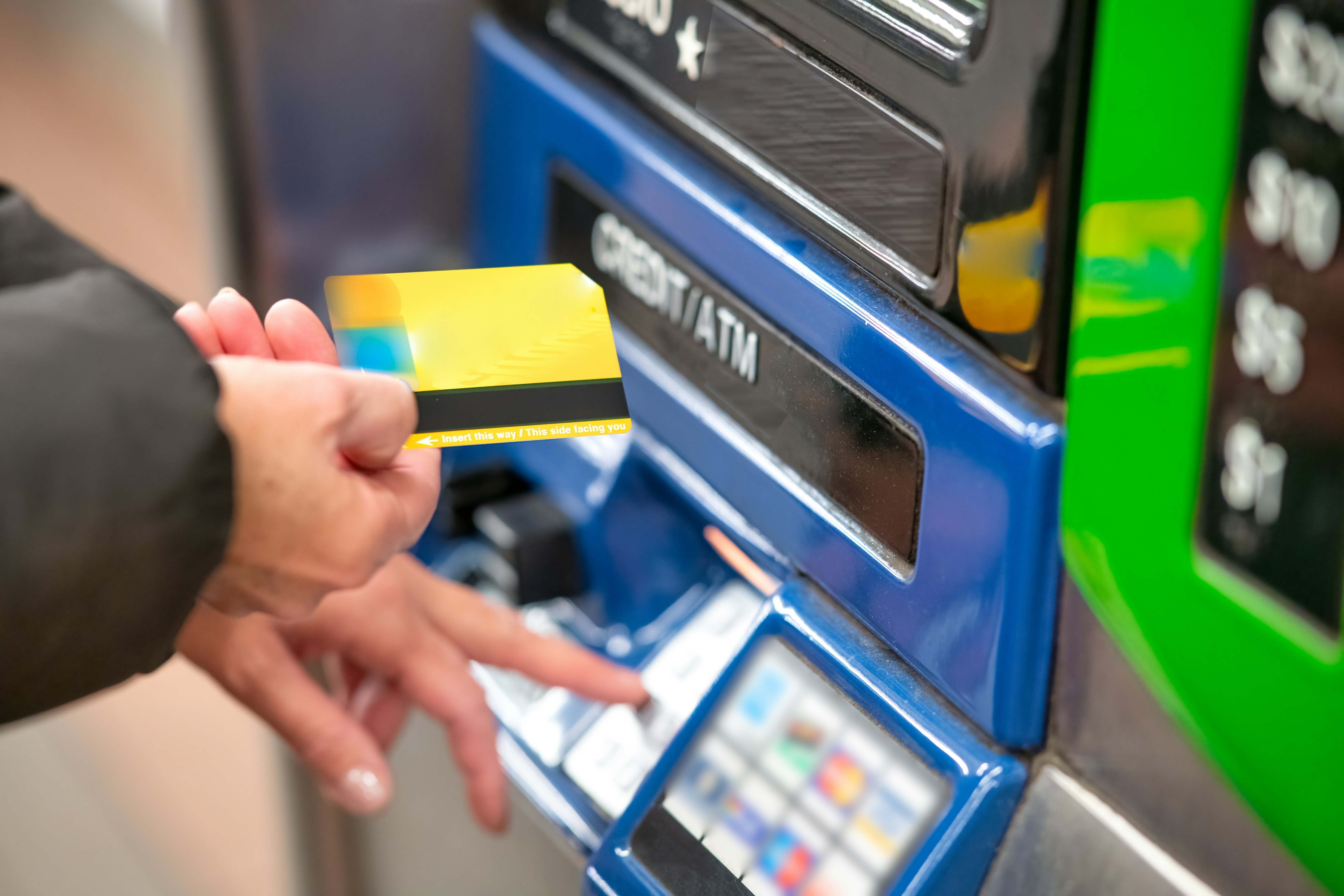Getting your credit card application rejected can be frustrating and confusing. However, knowing the credit card rejection reasons can help you avoid this situation in the future. In this article, we’ll explore the most common factors that lead to denied credit card applications in India. We will also provide insights on how to improve your chances of approval.
Low Credit Score
A low credit score is one of the primary reasons for credit card rejection. Your credit score is a numerical representation of your creditworthiness based on factors such as:
-
Payment history
-
Credit utilization ratio
-
Recent credit inquiries
-
Length of credit history
-
Types of credit accounts
If your credit score falls below the minimum requirement set by the credit card issuer, your application may be declined. To check your credit score for free, use the Airtel Thanks App or visit the Airtel Finance Credit Score page.
How to Improve Your Credit Score
To boost your credit score and increase your chances of credit card approval, follow these tips:
-
Pay your bills on time
-
Keep your credit utilization ratio below 30%
-
Check your credit report for errors and dispute them
-
Avoid applying for multiple credit cards simultaneously
-
Maintain a mix of credit types (e.g., personal loans, credit cards)
Insufficient Income
Another common reason for credit card application rejection is insufficient income. Credit card issuers have minimum income requirements to ensure that you can repay your debts. If your income falls below their threshold, your application may be denied.
Income Requirements for Popular Credit Cards
|
Credit Card |
Minimum Annual Income |
|---|---|
|
SBI SimplyCLICK |
₹2.5 lakh |
|
HDFC Millennia |
₹3 lakh |
|
ICICI Platinum |
₹4 lakh |
|
Axis Signature |
₹6 lakh |
Suppose your income doesn’t meet the criteria for your desired credit card. Then, consider applying for a card with lower income requirements. Alternatively, you can wait until your income increases before applying.
High Existing Debt
Having a high level of existing debt can also lead to denied credit cards. Credit card issuers assess your debt-to-income ratio to determine if you can handle additional debt. If your ratio is too high, your application may be declined.
Example: Suppose your monthly income is ₹50,000, and your existing EMIs total ₹30,000. Your debt-to-income ratio would be:
(₹30,000 / ₹50,000) x 100 = 60%
Most lenders prefer a debt-to-income ratio below 40%. To improve your chances of approval, focus on paying down your existing debts before applying for a new credit card.
Multiple Credit Card Applications
Applying for multiple credit cards within a short time frame can also result in credit card rejection. Each time you apply for a credit card, the issuer conducts a hard inquiry on your credit report. This can temporarily lower your credit score.
Scenario: Rahul applied for three credit cards within a month. His applications were rejected due to the multiple hard inquiries on his credit report.
To avoid this situation, space out your credit card applications. Further, only apply for cards for which you have a good chance of being approved.
Incomplete or Inaccurate Application
Submitting an incomplete or inaccurate credit card application can also lead to rejection. Common mistakes include:
-
Insufficient documentation
-
Missing or incorrect personal information
-
Inconsistencies between the application and supporting documents
To ensure a smooth application process, double-check your application for errors and provide all the required documents, such as:
-
Photographs
-
Proof of identity (Aadhaar card, PAN card)
-
Income proof (salary slips, bank statements)
-
Proof of address (utility bill, rental agreement)
For a complete list of documents required for a credit card application, visit the Airtel Finance Credit Card page.
Conclusion
Understanding the credit card application declined reasons can help you improve your chances of approval. By maintaining a good credit score and ensuring sufficient income, you can improve your chances of credit card approval. Additionally, managing existing debt, spacing out applications, and submitting accurate information will further increase your likelihood of getting approved. If you’re looking for a reliable credit card provider, consider Airtel Finance. They offer a range of credit cards to suit your needs. Download the Airtel Thanks App to check your credit score and explore your credit card options today.
FAQs
1. Can a low credit score cause my credit card application to be rejected?
Yes, a low credit score is one of the primary reasons for credit card rejection. Lenders use your credit score to assess your creditworthiness and determine your risk as a borrower.
2. How does my income level affect credit card approval?
Credit card issuers have minimum income requirements to ensure that you can repay your debts. If your income falls below their threshold, your credit card application may be declined.
3. Can multiple credit card applications lead to rejection?
Yes, applying for multiple credit cards within a short time frame can result in rejection. Each application triggers a hard inquiry on your credit report, which can temporarily lower your credit score.
4. Will existing debt result in credit card rejection?
High existing debt can lead to credit card rejection. Lenders assess your debt-to-income ratio to determine if you can handle additional debt. Focusing on paying down existing debts can improve your chances of approval.
5. What are the most common reasons for credit card rejection?
The most common reasons for credit card rejection include a low credit score and insufficient income. Other reasons are high existing debt, multiple credit card applications, and incomplete or inaccurate applications.



